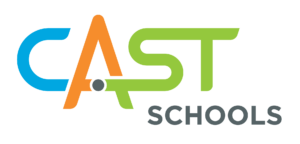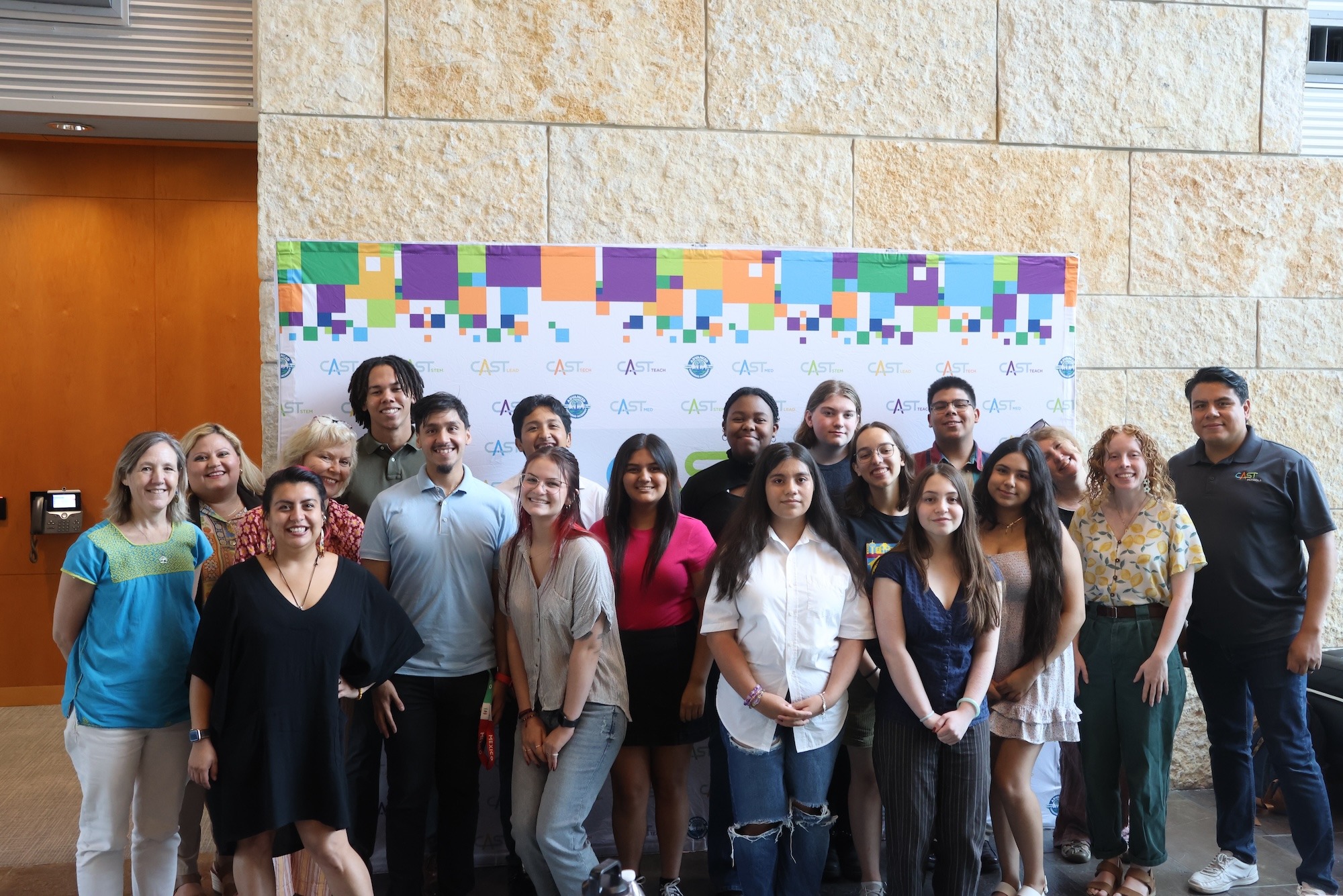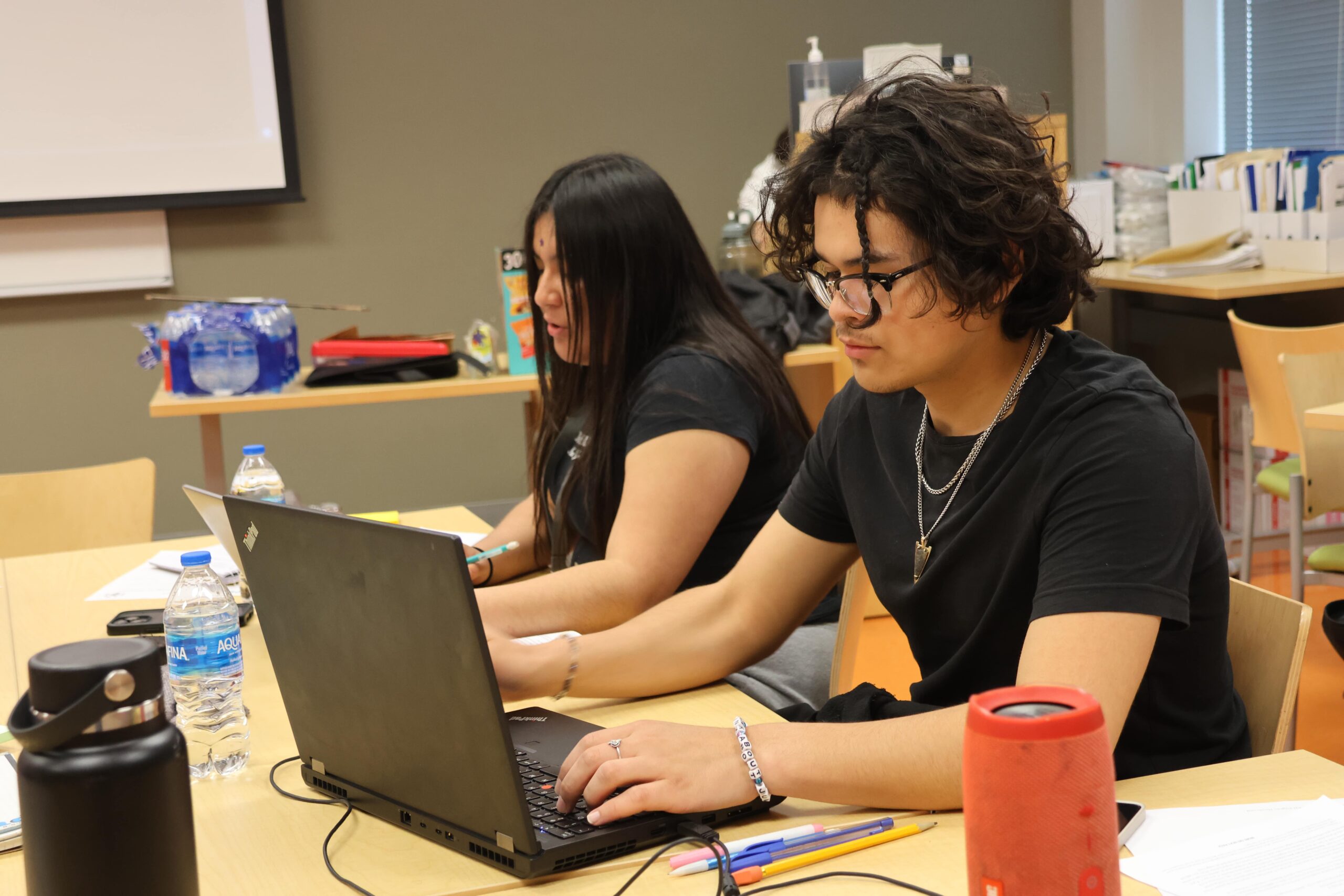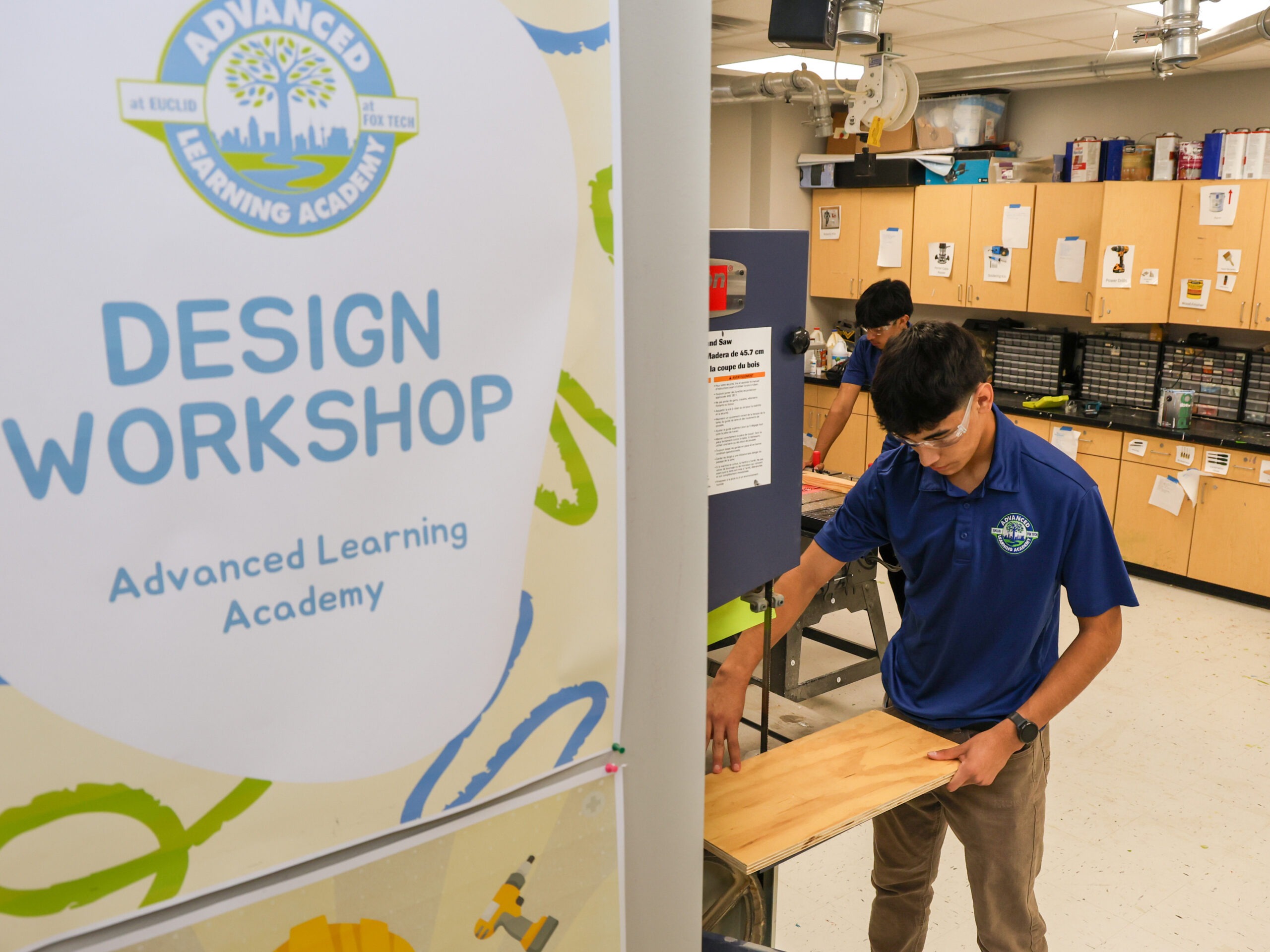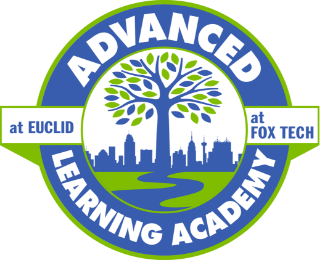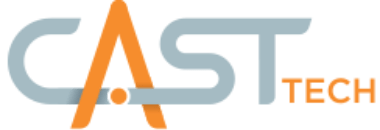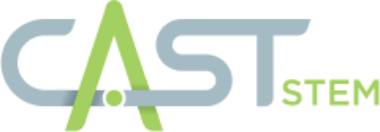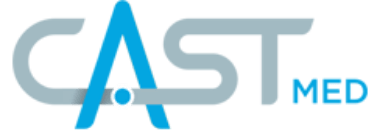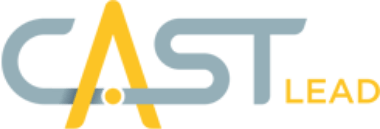Recently, we have been having conversations with the young people working in our office about the topic of Youth Voice and Agency.
It is a topic we discuss frequently, but this summer, with additional high school and college interns, we have more voices around the table. Some of those conversations have involved recognizing that for young people to feel seen, heard, and valued, that requires a shift in adult mindsets. It forces us to consider the purpose of school, and what we measure. As one goal, our interns suggest: Students understand themselves and can communicate their strengths, weaknesses, and interests to adults.
Also this summer, as a group we are reading the book Learnership, which is filled with insights that make me stop and say, “this, exactly!” For example, in the opening chapter, the author writes: “Your job as a school leader is to prepare students for a rapidly changing and increasingly complex and challenging world. Your students must learn how to be masters of their circumstances, not victims. To be powerful in the face of change, not powerless.”
It continues: “We then look at a system that has become almost obsessed with teaching. In schools we regularly discuss quality teaching, the most effective teaching strategies, and how we can measure the impact of teaching on student learning. But I ask, where is the role of students in their own learning?”
Listening to the young people in our office engage in a deep conversation about how best to identify and measure when young people feel a sense of voice, belonging, agency and leadership is an absolute privilege. (We have the honor of being charged to help scale successful practices as part of the Future Ready San Antonio coalition coordinated by UP Partnership.)
In the book Learnership, author James Anderson offers the following definition: “Learner agency is the degree to which a person can take initiative and meaningfully influence their world, particularly in the face of challenges. It involves three interrelated and equally important elements: the environment to act, the will to act, and the power to act.”
We’re also fortunate to have so many local partners who are asking similar questions. Seven local school districts have committed to implementing the Future Ready plan, which includes scaling a focus on Youth Voice.
Anindya Kundu, author of The Power of Student Agency defines agency as “a person’s capacity to leverage resources to navigate obstacles and create positive change in their life and in others.”
At CAST, we seek to expose our students to high-demand, high-wage local jobs, and to give them both career and college opportunities while still in high school. We prioritize relationships so that they can name caring adults who have their best interests at heart. And our goal is that not only are the drivers of their own education; they leave with a plan and a purpose.
Recently, news of poor student performance at many schools in the state’s standardized testing has led to renewed concerns about a crisis in education, or lingering effects of the pandemic.
While it is unquestionably true that students lost time in school during the pandemic, learning is neither linear nor lost, and what is needed is the opportunity to participate in learning in new ways, or in some cases, additional time for tasks that were left unattended.
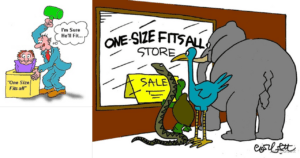
What would be a tragedy would be if, in the face of concerns about student learning, we resorted to the failed strategies of micromanaging, scripted curriculum, and focusing on academic content at the expense of engaging students in hands-on exploration of the changing-world around them. Too often, systems isolate teachers as the sole unit of change, rather than recognizing the need for a school culture that leverages the assets of everyone in the building, and even some who or not. I’ll give Learnership’s James Anderson the closing word:
“For years the solution to just about every educational issue has been to focus on teaching practices. In this environment, students have increasingly sat back and done less and less, becoming passive learners, their classroom performance a function of teaching, rather than their own ability to learn and grow.”
It’s time to unleash the power of young people. Join us in a movement to transform teaching and learning to meet the needs of a changing world.
Jeanne Russell
Executive Director
CAST Schools
